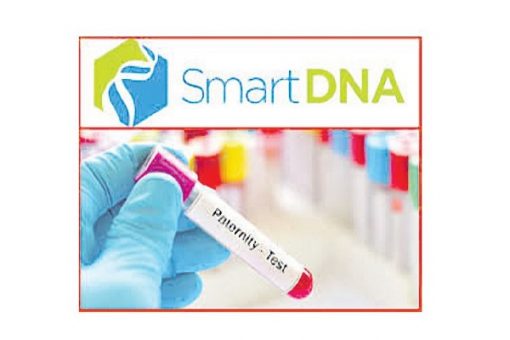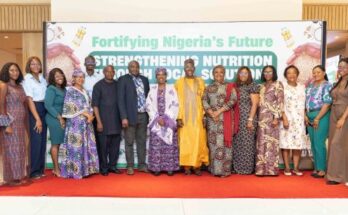It often begins as a whisper—a disturbing doubt, a subtle question gnawing at the back of a man’s mind, quietly eroding trust until it demands answers. In Nigeria today, that whisper is no longer confined to private anxieties; it is becoming louder, more insistent, and increasingly common. More men are turning to DNA testing not merely for curiosity, but for certainty. And all too often, the truths uncovered are devastating.
From hospital labs to private facilities and even discreet at-home test kits, paternity testing is on a sharp rise across the country. What was once shrouded in cultural taboo has become a growing trend, one that is prying open hidden cracks in Nigeria’s relationships, family structures, and social values. And the findings are stark. A new report by Smart DNA, the nation’s leading paternity testing centre, reveals that one in four Nigerian men who undergo DNA testing is not the biological father of the child in question.
The company’s 2025 Annual DNA Testing Report, covering July 2024 to June 2025, offers a rare window into how modern science is colliding with age-old family bonds. While there was a slight dip in paternity exclusions—from 27 per cent in 2024 to 25per cent in 2025—the persistently high figure underscores what many experts now view as an emerging social fault line. Beyond the raw numbers lies a deeper narrative: the erosion of trust, the complexity of modern relationships, and the strains—emotional, cultural, and financial—that Nigerian families are navigating. “This data is not just about science,” said Elizabeth Digia, Operations Manager at Smart DNA Nigeria. “It reflects the realities of trust, relationship challenges, and the immense pressures—both emotional and economic—that families face today.”




